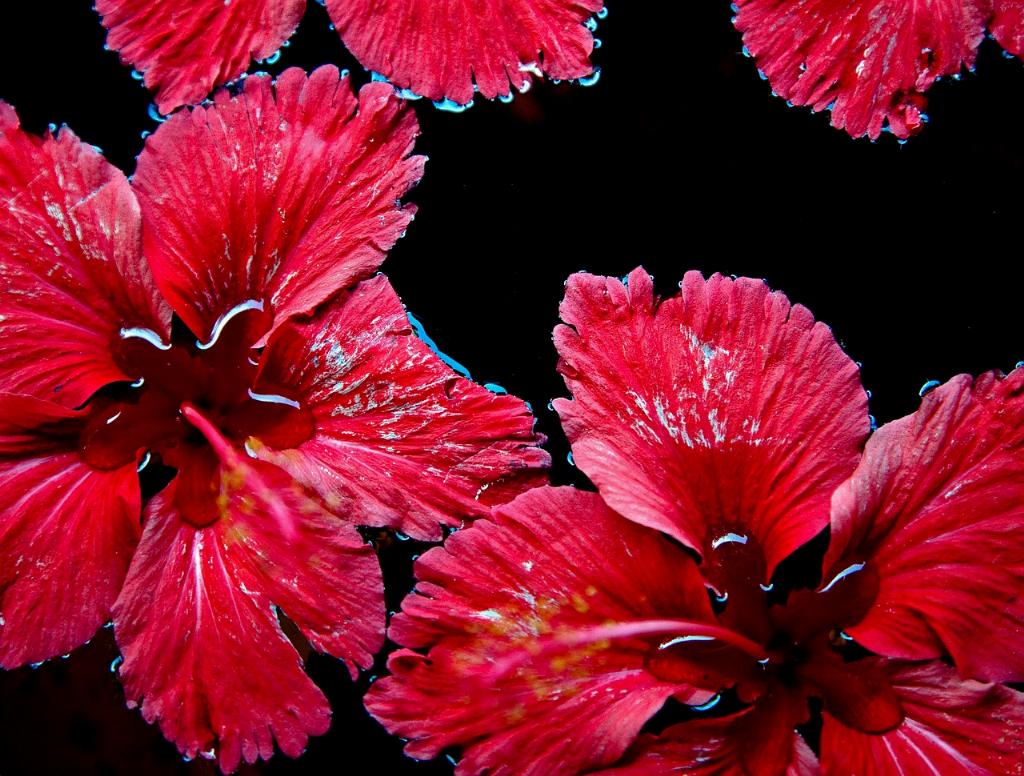When it comes to the topic of hibiscus, one common query that often arises is whether this vibrant and beautiful flower is acidic. As we delve deeper into the intricacies of hibiscus plants, it becomes evident that there is more to this question than meets the eye.
The Composition of Hibiscus Leaves and Flowers
One key characteristic of hibiscus plants is the acidity present in various parts, such as the leaves, calyx, stems, and flowers. These components contain organic acids that contribute to the overall flavor profile of the plant.
Understanding the Taste of Hibiscus
The acidic nature of hibiscus gives it a tangy and slightly sour taste, which is reminiscent of fruits like blueberries. This distinct flavor profile adds depth and complexity to dishes and beverages that incorporate hibiscus as an ingredient.
The Relationship Between pH and Acidity
When discussing acidity in plants, it is essential to consider the pH levels of various plant parts. Hibiscus plants typically have a pH level ranging from slightly acidic to neutral, depending on factors such as soil composition and growing conditions.
Comparing Hibiscus to Other Acidic Plants
While hibiscus plants do possess acidic components, it is crucial to note that their acidity levels are milder compared to fruits like lemons or oranges. The acidity in hibiscus adds a subtle tanginess rather than an overwhelming sourness.
The Myth of Hibiscus as an Overly Acidic Plant
Despite the presence of organic acids in hibiscus, the misconception that it is highly acidic is unfounded. In reality, hibiscus offers a balanced flavor profile that combines acidity with floral notes to create a harmonious taste experience.
Health Benefits of Hibiscus Acids
Interestingly, the organic acids found in hibiscus plants can contribute to their potential health benefits. These acids may aid in digestion, promote gut health, and offer antioxidant properties that support overall well-being.
Culinary Uses of Hibiscus Acidity
Chefs and mixologists often leverage the acidity of hibiscus in a variety of culinary creations. From tangy sauces to refreshing beverages, hibiscus adds a delightful tartness that enhances the flavor profile of dishes and drinks.
Embracing the Versatility of Hibiscus
As we unravel the complexities of hibiscus acidity, it becomes clear that this plant is not just a beautiful flower but a versatile ingredient that can elevate culinary creations with its unique flavor profile.
In Conclusion: The Balanced Acidity of Hibiscus
In conclusion, while hibiscus does contain acidic components in its leaves, flowers, and stems, it is essential to recognize that the overall acidity of this plant is nuanced and mild. Embracing the acidity of hibiscus opens up a world of culinary possibilities and health benefits that showcase the diverse nature of this botanical gem.

